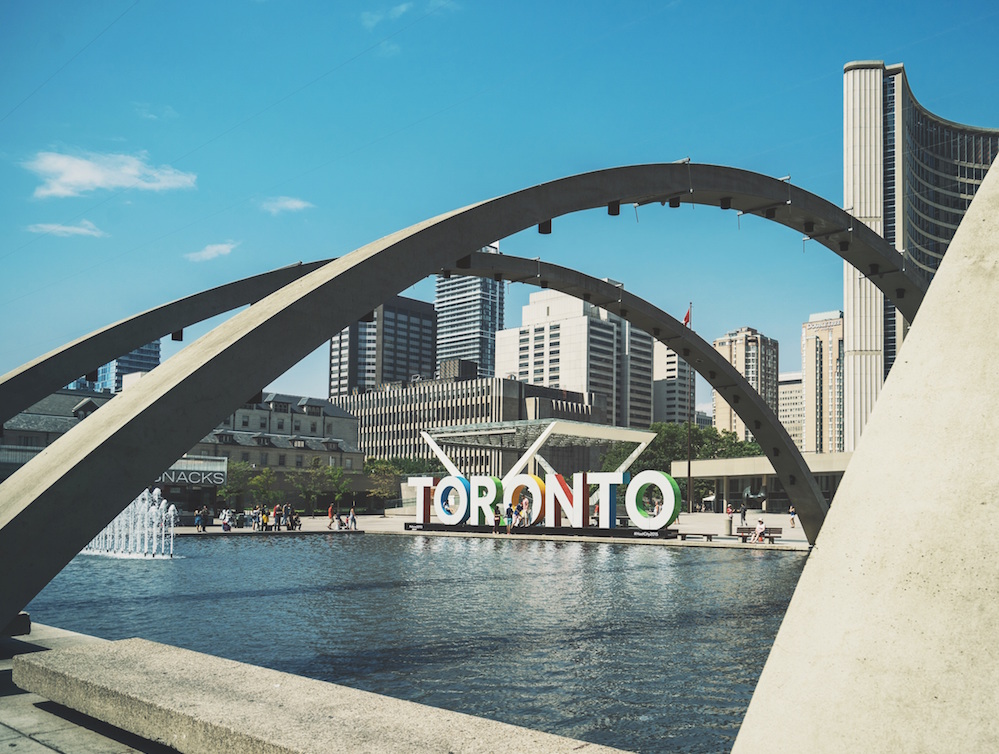
A Canadian Q&A for Foreign Real Estate Buyers
Buying a home in Toronto doesn’t have to be complicated. Whether you are looking to make an investment in the Toronto market, or even just need a refresher, here’s some Q & A to purchasing in T.O.
Do I need to be a Canadian citizen to purchase here?
No. While you don’t need to be a Canadian citizen to purchase in Canada, you do have to have money here and readily available when you are ready to purchase. This is relatively simple to do. Most banks require funds to be in your Canadian account before you can purchase a house – usually 30 days prior to the closing date in order to meet the lenders anti-money laundering requirements.
I’m not sure what I can afford, how do I know?
Prior to starting your search for a house, it’s wise to speak to your bank, and/or a mortgage professional in order to get a sense of what you can afford. Typically you need to be pre-approved for a mortgage amount at the current rate, so when the time comes to make an offer, the financing process is already underway.
Do I need to have funds available for when I make an offer to purchase?
Yes. At offer time, you will need to provide a deposit of anywhere from 7-10% of the purchase price to be held in trust. This deposit is applied towards the purchase price of the home. Deposits must be in the form of a bank draft/certified cheque.
What other costs should I be considering?
Canadian banks typically require a downpayment of 35% from non-residents.
In addition to the down payment, there are additional closing costs to be expected. These include the almighty land transfer tax, legal fees, moving expenses, utility costs, painting, cleaning, etc. Be sure to budget accordingly.
Everything Taxes:
When purchasing in Toronto you are not required to pay the foreign buyers’ tax, as you would in British Columbia. However, you are required to pay applicable Land Transfer Taxes. These are one-time taxes payable to the province of Ontario and the municipality of Toronto. Take a look at my previous blog post (Toronto Land Transfer Tax – changes you need to know) to get up to speed on the changes that affect purchases after March 1, 2017.
Anything else?
When you purchase a house in Canada, you own the land outright (with the exception of leaseholds); whereas in other locales, you may have to lease the land from the government.
It’s wise to do your research before setting out on this adventure, and the best way of doing this is with a licensed real estate professional. Get acquainted with a local real estate expert who can facilitate your transaction, as well as provide you with insight about neighbourhoods.

